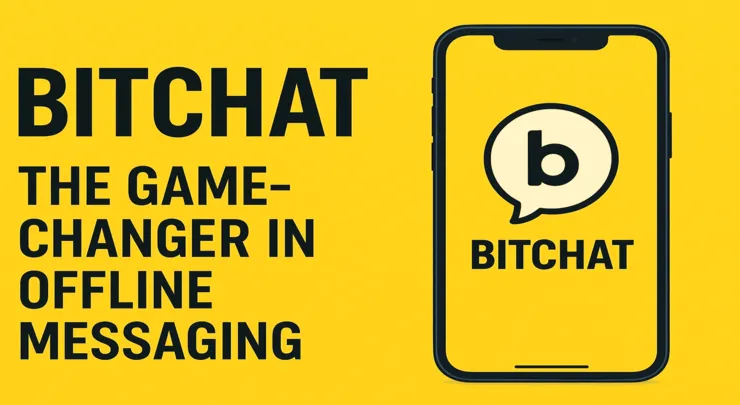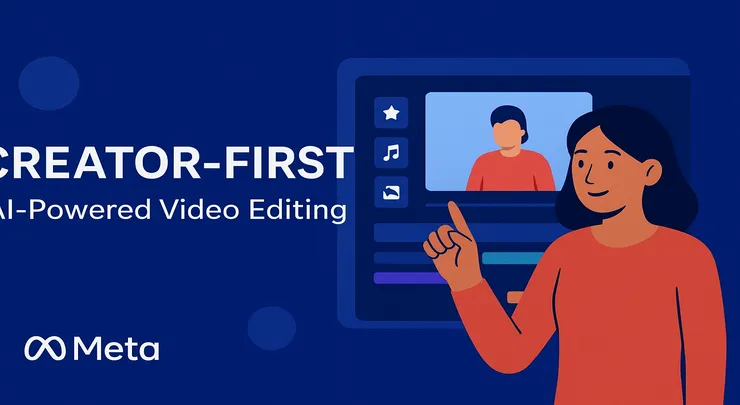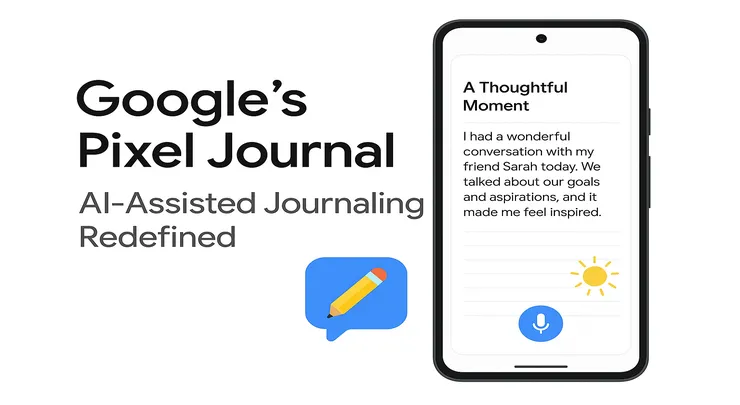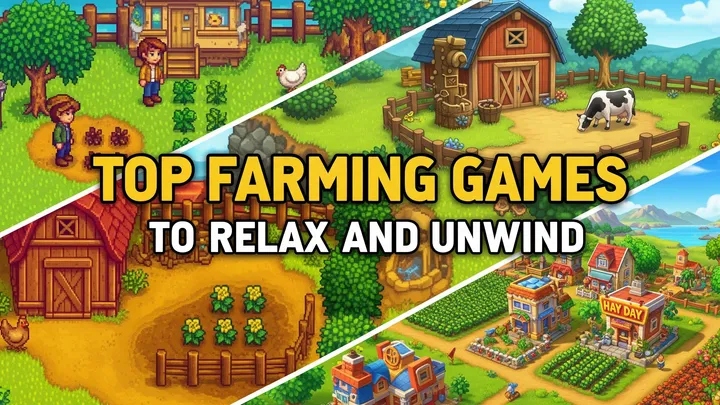1. Bitchat: The Game-Changer in Offline Messaging
In July 2025, tech pioneer Jack Dorsey, co-founder of Twitter (now X) and Block, Inc., launched a groundbreaking mobile application called Bitchat. Designed to facilitate communication without internet connectivity, Bitchat uses Bluetooth Low Energy (BLE) mesh networking to allow devices to relay encrypted messages peer-to-peer, completely bypassing traditional cellular and internet infrastructure.
A New Era of Resilient Messaging
Bitchat stands out in the crowded messaging app landscape by operating without user accounts or central servers. This decentralization makes it uniquely resilient in scenarios where standard networks are overloaded, censored, or disabled. Potential use cases include natural disaster zones, large events with congested networks, or regions under heavy surveillance.
To safeguard communication, Bitchat employs robust end-to-end encryption using Curve25519 key exchange and AES-GCM. Additionally, the app features password-protected channels and a so-called panic mode. With three taps on the app’s logo, all local data is instantly erased.
BLE mesh provides an effective range beyond 300 meters, enabling users to relay messages through multiple devices across crowds or buildings. Developers plan to enhance Bitchat further with Wi-Fi Direct support for increased throughput and extended coverage.
Beta Launch and Early Critiques
Bitchat launched in TestFlight beta and quickly reached its 10,000-user limit. However, a security researcher discovered a flaw enabling impersonation—one user could impersonate another and message that person’s contacts while appearing as them. Dorsey responded by acknowledging the app was still a work in progress, not yet security-vetted, and possibly not meeting all security expectations.
Despite this, early users and privacy advocates are intrigued by Bitchat’s promise of honest peer communications independent of major infrastructure. It evokes analogs like FireChat, used by protesters amid Hong Kong’s protests, now reimagined for the modern era.
Bitchat’s unique approach marks an important shift toward decentralized, resilient communication apps. Its success could inspire a new wave of offline-first messaging platforms optimized for robustness and privacy.

2. Edits: Creator-First, AI-Powered Video Editing from Meta
In early-to-mid 2025, Meta Platforms released “Edits,” a mobile app tailored for content creators seeking powerful video editing capabilities on iOS and Android. Launched on April 21 for Android and earlier on January 19 for iOS, Edits is designed to compete directly with popular tools like CapCut.
Feature Highlights
Edits brings many advanced editing tools to mobile creators. It includes a timeline interface, undo/redo, split, volume adjustment, speed control, filters, green screen, Voice FX, audio extraction, and effects like mirroring and duplication. The app supports HD, 2K, and 4K export, with both HDR and SDR formats available.
The app integrates with Instagram creators’ accounts, allowing direct import and export between platforms. It supports over 32 languages on iOS, including French, Spanish, and Chinese, making it accessible to a diverse global user base.
Creator Adoption and Roadmap
Meta reports that Edits gained more than five million users across both platforms within four days of launch—a testament to its strong appeal among short-video creators.
Meta has also signaled upcoming enhancements, including keyframe animations, AI-assisted modifications, collaborative editing features, and creative expansions tailored for the evolving needs of Reels and short-format video creators.
Significance in the Creator Economy
Edits positions Meta at the frontline of creator tools, offering deep capabilities in a mobile-first format optimized for social media output. In the face of rising demand for polished yet accessible short-form video editing, Edits offers a powerful alternative that marries editing flexibility with tight platform integration.
3. Google’s Pixel Journal: AI-Assisted Journaling Redefined
At the August 2025 launch of the Pixel 10, Google introduced Pixel Journal—an on-device journaling app designed to help users capture thoughts, memories, and moods effortlessly.TechC
Functionality and Smart Features
Pixel Journal leverages on-device AI models to offer personalized journaling prompts inspired by user history, goals, and memories. Users can log entries with rich context—photos, location tags, activities, and mood indicators—creating a multifaceted record of daily life.
The app provides insightful analytics, such as writing frequency, weekly and monthly entry counts, and longest entries by word count—enabling users to reflect on their habits and writing patterns. It also features password protection for privacy assurance.
Emphasis on Privacy and Personal Growth
By running entirely on-device, Pixel Journal keeps user data private, favoring local storage over server-based synchronization. This approach aligns with broader consumer expectations around privacy and data control.TechCrunch
Though filling well-worn territory of personal journaling, Pixel Journal’s thoughtful design and AI enhancements offer a novel and encouraging way for users to reflect, grow, and preserve memories. Its integration of insights and reminders may shift how people adopt journaling as a mindful, everyday practice.
Comparative Overview of the Top Three 2025 App Launches
App NameDeveloperLaunch TimingStandout FeaturesSignificanceBitchatJack Dorsey (Block)July 2025 (beta)Offline BLE mesh messaging, encrypted, panic modeDisrupts messaging by enabling secure, infrastructure-free communicationEditsMeta PlatformsJan–Apr 2025Full-fledged mobile video editing, AI tools, 5M users quicklyEmpowers creators with accessible, high-end mobile editing toolsPixel JournalGoogleAugust 2025On-device AI journaling prompts, analytics, privacy-focusedEnhances self-reflection through smart, private journaling
Final Thoughts
The app landscape of 2025 reflects a decisive turn toward more intelligent, creator-centric, and resilient experiences.
Bitchat challenges the conventional reliance on connectivity, offering a starkly decentralized and private messaging alternative. Although still early-stage, its ethos of censorship resistance and offline usage may establish new norms, especially among activists, disaster responders, and privacy-minded users.
Edits underscores the robust power of mobile video production, giving creators professional tools in a lightweight, fully integrated package. As the lines between viewer and creator continue to blur, Edits ensures content creation remains fast, sophisticated, and streamlined for social platforms like Instagram.
Pixel Journal, while subtler, integrates AI and privacy in a deeply personal context. By making journaling intelligent, encouraging, and secure, Google may help reframe self-reflection and mindfulness as essential daily rituals.
Together, these apps sketch the future of mobile innovation: versatile, grounded in real human needs, and designed with intelligence by default. As 2025 unfolds, the ripple effects of these launches will shape how we communicate, create, and connect with our own stories.

















